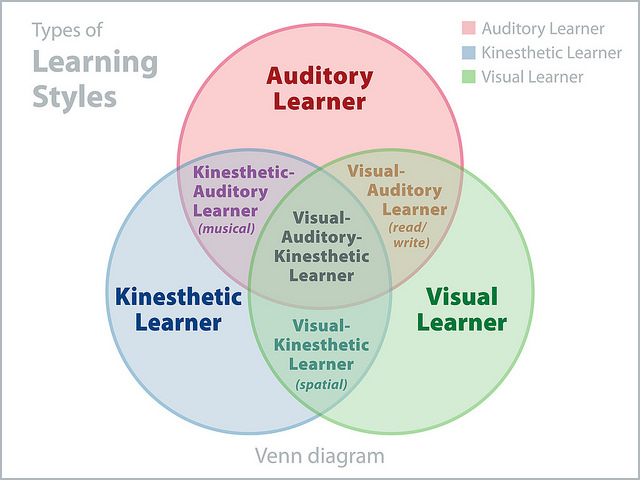The Key to Success? Talk to Yourself More Often
Photo via Pixabay
How many times have you been walking around the grocery store talking to yourself? “Okay, John, don’t forget the milk,” you say out loud. Or sometimes you catch yourself debating on which colour shoes you want: “Alright, but if I get the blue ones, they’re not going to match anything I own.” Perhaps you’re even mad at yourself, saying “How could I have been so stupid?!”
For the past century, or even longer, talking to one’s self hasn’t been so highly regarded being that it can reveal bigger mental health obstacles, but is the aforementioned “normal” behaviour? Could engaging in auto-conversation bring more benefits than we’re led on to believe? Might it allow for a deeper learning or memorisation experience?

Photo via Pixabay
Kinds of conversation
Humans are participants in inner dialogue throughout our waking hours. This dialogue helps us organise ourselves and focus on the tasks we perform throughout our normal day. Studies have shown that making thoughts audible when faced with extraordinary problems, has actually proven to be helpful and a sign of good mental health. So much so that the benefits of talking to one’s self are now widely recognised and categorised as motivational, complimentary, outer dialogue and goal-setting self-talk.
How are these categories defined?
Motivational self-talk can help someone complete tasks that he or she may not really feel like doing. For example, reminding yourself that it may be a good idea to clean up the kitchen because sharing your home with a lot of ants may not be the most pleasant situation.
Complimentary self-talk offers us the recognition that we deserve, even it others don’t think so. It’s good to give yourself a pat on the back every now and then.
Engaging in outer dialogue can help in pondering actions and making important decisions. Saying out loud, “Do I need this?” may help avoid clicking buy impulsively.
Finally, goal-setting self-talk helps with ensuring goals are actually met. It can help you stay organised and focused, reinforcing a plan of attack, controlling emotions and blocking distractions.
Learning a language? Check out our free placement test to see how your level measures up!

Photo via Flickr
Self-talk and learning styles
As recognised by most teaching methods today, there are seven learning styles: visual, aural, physical, verbal and logical. Within those styles, there are two ways of implementation: solitary and social. Some people learn better in a group doing activities or by just listening and repeating, whereas other people tend to ingest information better alone. Talking to yourself is included within the solitary aural learning experience and is something worth looking into, especially when it comes to language learning.
Think about it, when you’ve got some extra time walking down the street, why not practice that newly-learned alphabet, maybe those Arabic numbers, or even the days of the week in Spanish? You get the repetition, the pronunciation and the inflection working, and you might even remember more through sound-image association.
So there you have it. There’s nothing wrong with a little self-talk and actually, the more you do it, the more it encourages better decision-making while improving motivation and self-esteem. It allows us to vent feelings without offending friends and loved ones who have acted out, which can lower stress and actually improve your physical health as well. So next time you catch yourself talking out loud, be proud and take it all in.



